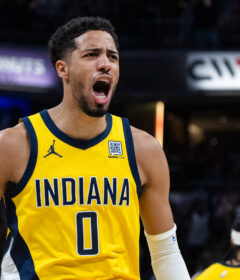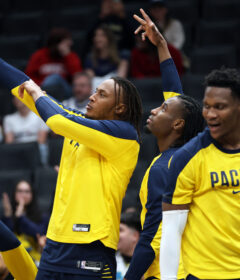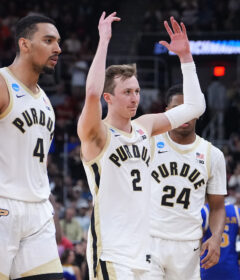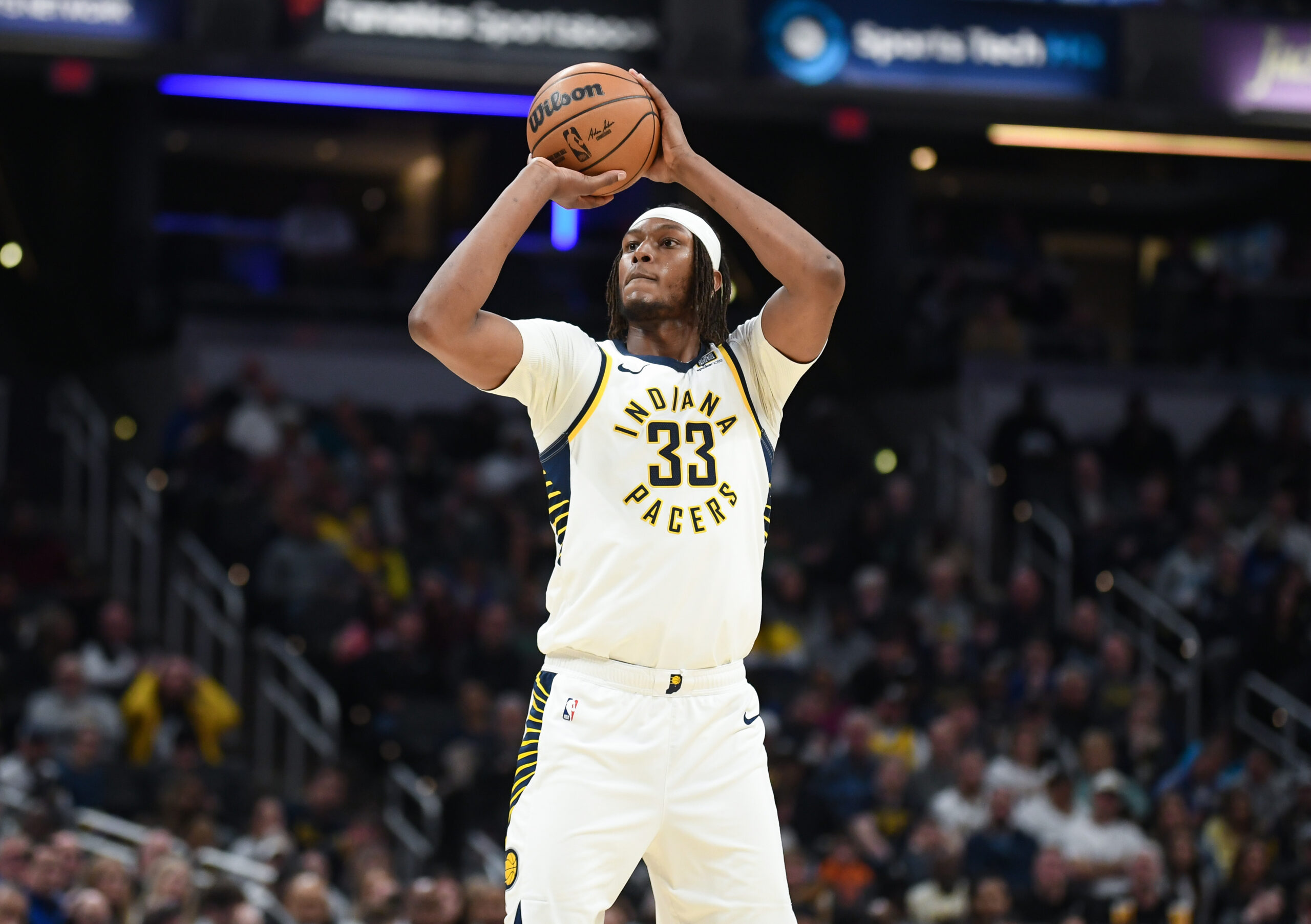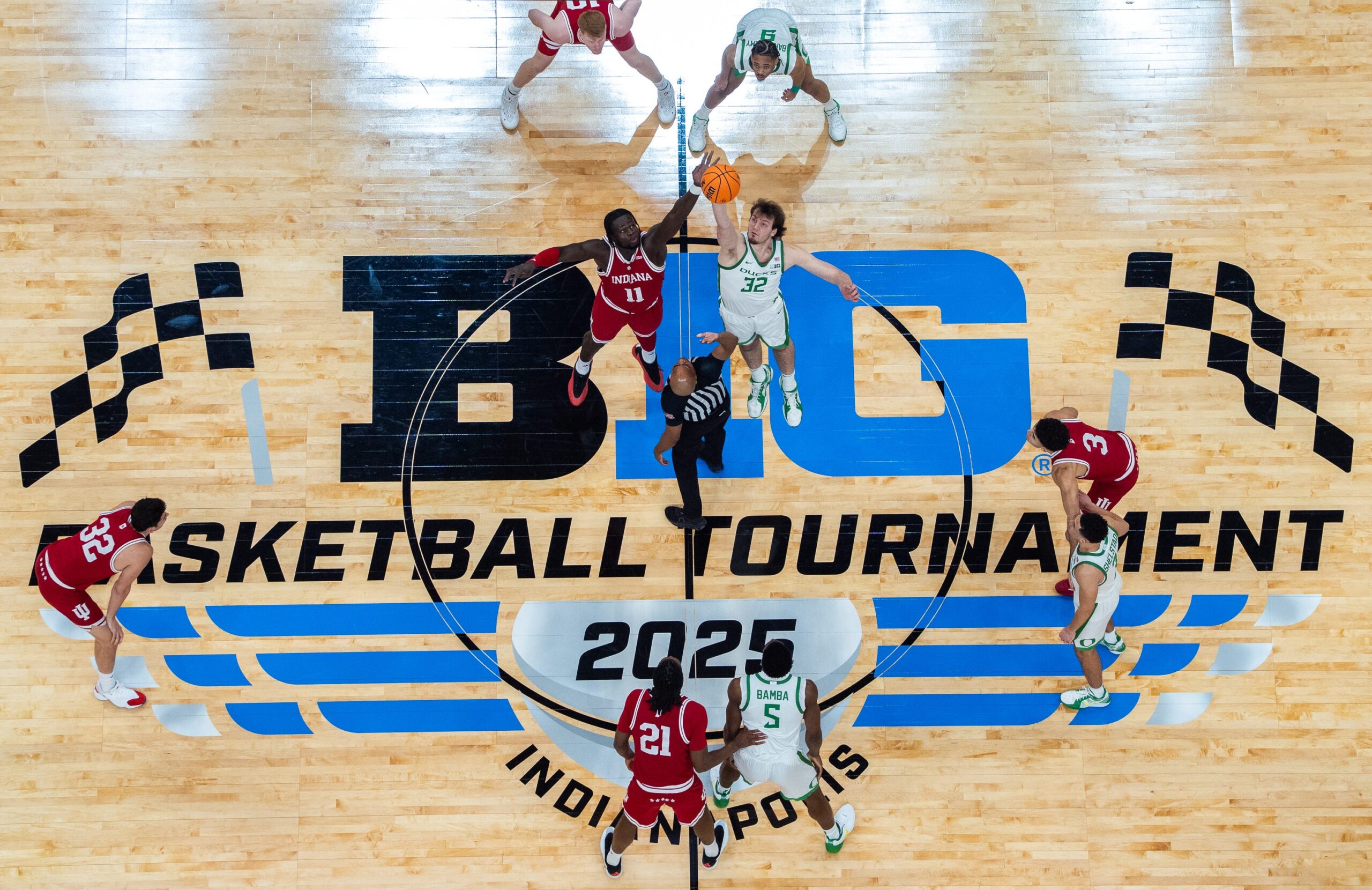Calinger: WrestleMania XXX a disappointment
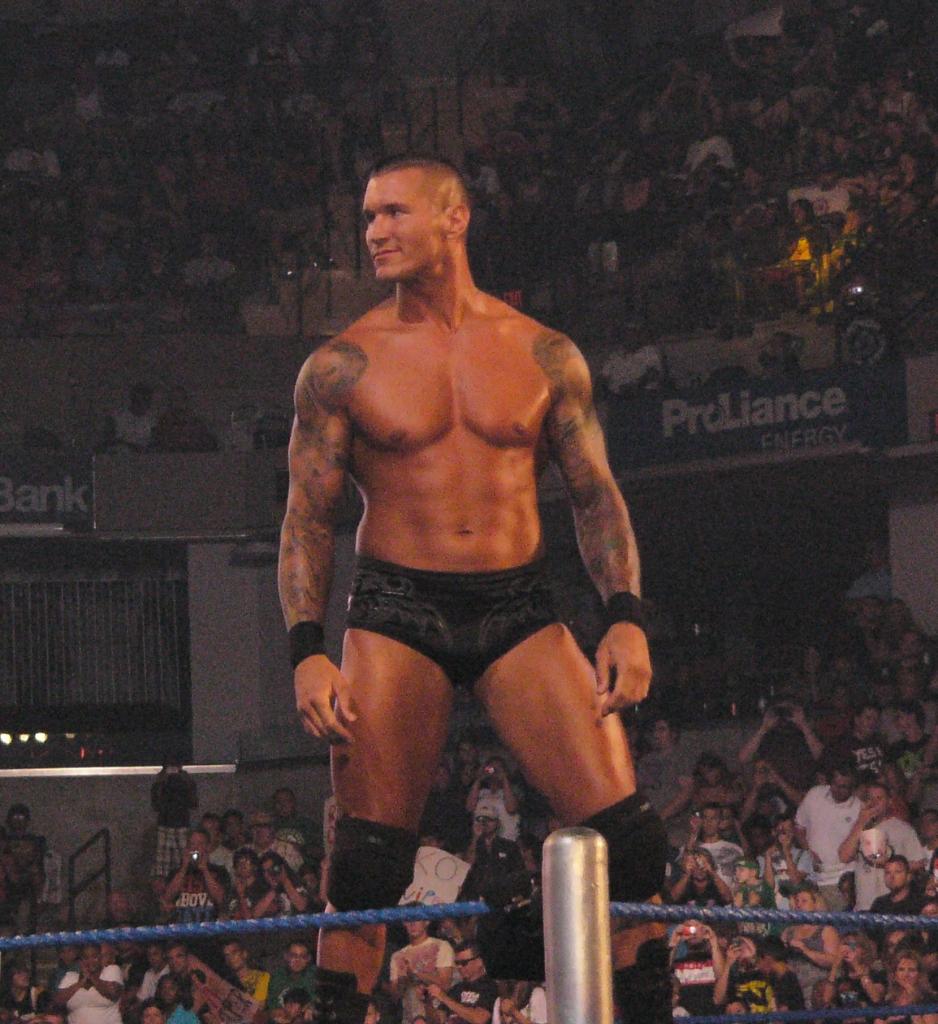
By J.W. CALINGER
ISL Correspondent

With all the attention focused on the wrestlers who made WrestleMania the spectacle that it is, it’s easy for the WWE Universe to forget that at the end of the day, WrestleMania is Vince McMahon’s baby.
A nationwide event, viewable only live or on closed-circuit TV, was an unbelievably huge risk back in 1985 – Jim Crockett Promotions did produce Starrcade, under the flag of the National Wrestling Alliance, about 16 months prior, but it was more of a regional showing. McMahon threw together a few good matches, a few I wish I could forget, and a main event that had more to do with mainstream celebrities than skilled wrestling, and it worked.
More than any other WrestleMania in recent memory, this had McMahon’s stamp. For better or for worse, the show this past Sunday was a more complete display of his personality and attitude than any I’ve seen in years.
The main storyline came straight out of the locker room and front offices, as did C.M. Punk vs John Cena a few years ago. Daniel Bryan, who isn’t as muscular or as handsome as McMahon likes, but whom the fans clamor to see, wanted to be champion, whereas daughter Stephanie and son-in-law “Triple H” wanted “the face of the WWE” to be more like the traditional McMahon prototype. In this case, they had the closest thing World Wrestling Entertainment had to Al Gore, Randy Orton, in mind as the perfect champion.
McMahon hates promoting wrestlers who don’t fit his image of the perfect champion; he does so only when they sell so many of the “Three T’s” – tickets, T-shirts, and TV – that he doesn’t feel he has much of a choice. When pushed so hard to promote against his wishes, McMahon often shows poor sportsmanship and, in some subtle, behind-the-scenes way, throws a tantrum. Usually, he does so by involving such champions in lousy storylines after the fact, such as when Bryan became World Champion and Zack Ryder became US Champion on the same night. This time, he showed his sour mood by laying the angle on too thick.
The card was a “Bryan sandwich”, in that Bryan wrestled in the first and last matches of the actual card. In the first match, he beat Triple H, after which Mr. Helmsley severely injured his arm. In the last match, he came to the ring with one good arm in a triple-threat match against incumbent champion Orton and extremely musclebound Dave Batista. Orton and Batista constantly attacked Bryan two-on-one, Triple H and Stephanie McMahon came to the ring and not only interfered, but brought a corrupt shill referee to try to count Bryan out. Yet, Bryan won. Yes, I was celebrating – shoot, I went to a store the next day and bought a T-shirt that said, “YES! YES! YES!”. At the same time, my suspension of disbelief was more beaten in real life than was Bryan’s left arm in the storyline. I love a good story about overcoming impossible odds, but this scenario was ridiculous enough to make Bryan’s victory bittersweet, which probably is how McMahon wanted it.
The event also showed how easily alliances fall apart and re-form. Hulk Hogan, lately what George Orwell would call an “unperson” – “he did not exist; he had never existed” – once more was the most memorable icon in WWE history. In what has become an extremely poignant and poetic reunion, McMahon brought back the Ultimate Warrior for what turned out to be two last nights of glory and adulation from grateful fans before his untimely passing Tuesday.
Aside from an excellent first match, McMahon generally pushed style over substance. Only the WWE World Championship and the Divas Championship were on the line Sunday night; the US Champ was in a tag-team match, the Intercontinental Champ was in a Battle Royal, and the Tag Team title-holders were in what used to be called a “dark match”, shown before the actual card, in this case on the “pre-game show” on the WWE Network, the new preferred vehicle for showing WrestleMania and future pay-per-views. Let’s look at how McMahon filled the time: He spent the first half-hour showing a syrupy bromance between Hulk Hogan, Dwayne “The Rock” Johnson, and “Stone Cold” Steve Austin. Even Joss Whedon has more respect for fans than this; he had the Avengers, in the eponymous movie, arguing amongst themselves.
McMahon also had The Shield squash Kane, wrestling in slacks, and the New Age Outlaws, trying to be edgy while still nearly old enough for Medicare. He stuck most of the talent in a 30-man Battle Royal, in which crowded conditions made it impossible for most of the workers to show off their moves. He had John Cena wrestle Bray Wyatt in a match that made me thankful I was watching at home, so I could wash dishes while it was going on. He had every major Diva compete in a 14-way match for the title that A.J. Lee won, only to lose the title 24 hours later to a rookie. Lastly, of course, he had one of the most respected workers of the last 20 years, The Undertaker, job to another prototype McMahon behemoth who can’t decide whether he’s in the WWE or UFC, Brock Lesnar.
Maybe I’m just getting old and nostalgic, but I remember PPV’s when every title was on the line, and maybe I don’t know much about business, but I really thought it was possible to stuff more good matches into a four-hour card. Again, though, we have to remember that when Vince McMahon is forced to back down in one place, he pushes himself onto us harder everywhere else – and again, we have to remember that WrestleMania is McMahon’s baby, in the words of his slogan, “Then. Now. Forever”. I suppose I should be happy that it didn’t cost as much as usual to watch him display his personality, and that as a bonus, I can watch replays of this and other PPV’s, and fast-forward through all the filler.

